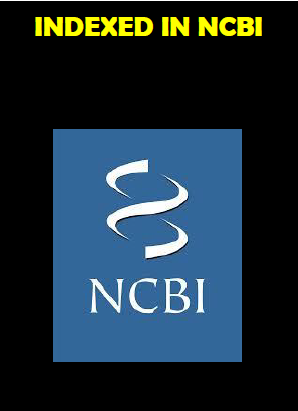
e-ISSN 2320-2955, p-ISSN 2249-2569, ISBN 978-81-909047-9-7
INTERNATIONAL RESEARCH JOURNAL OF HUMANITIES,
ENGINEERING & PHARMACEUTICAL SCIENCES
(An International Registered Research Journal) - Now IJHEPS Recommended By International Committee of Medical Journal Editors, USA
- Now IJHEPS Recommended By International Committee of Medical Journal Editors, USA
| HUMANITIES | |
|---|---|
| Title | POWER AND AGENCY IN DINA MEHTA’S “BRIDES ARE NOT FOR BURNING” |
| Authors | Ms. J.V.Sunita & Dr. Ch.Swathi |
| Page No | 57-62 |
| Code | Int./JAN15/H943 |
| Affiliation | GITAM University,India |
| Abstract | If Indian writing in English has acquired international stature in recent years, it is mostly restricted to the novel form. All the women novelists have proved themselves successful in skillfully capturing the Indian ethos in its entirety. There have been poets in Indian English literature with Kamala Das, Gauri Deshpande, Mamta Kalia, et al exposing the sham and hypocrisy of a patriarchal society. However, with regards to women who made some mark in Indian English drama, there have been only a handful of dramatists and Dina Mehta is one among the few. Both the modern and contemporary Indian English dramatists have been continuing the tradition as set by Ravindranath Tagore, in giving voice to contemporary social, political, psychological and cultural experiences of Indian society. These dramatists have been breathing new life into the drama by way of experimenting with newer techniques and stagecraft. Along with the likes of Girish Karnard, dramatists like Dina Mehta, Mahesh Dattani, Manjula Padmanabhan, Poile Sengupta and others have been using drama as a potent and thought provoking medium to such an extent that these dramatists may be reckoned as social activists, promoting social activism, through play writing and visual arts. Their themes throw light on joint family to organ transplant and child abuse to homosexuality which themes are at once global in appeal, a fact reiterated by the way the Indian English dramatists have been receiving international acclaim with their plays staged worldwide. The contemporary themes they choose facilitate a proper degree of emotional involvement of the reader/audience leading to greater empathy and understanding on their part. The present study traces the themes of gender exploitation, power and agency with specific reference to Dina Mehta’s Brides are not for Burning. |
| Paper | Download |









